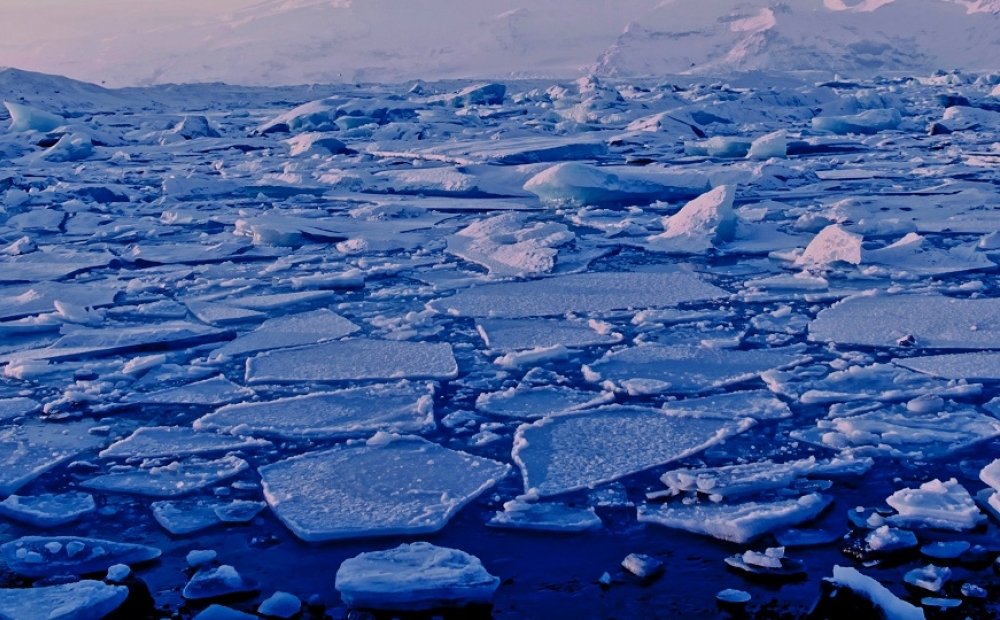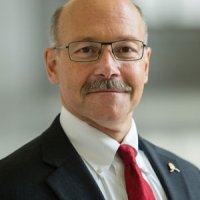“Together Towards a Sustainable Arctic”: An Earth Day Dialogue with Iceland’s Minister of Foreign Affairs, and Chair of the Arctic Council, H.E. Gudlaugur Thór Thórdarson

The future of the Arctic is critical not only for its four million inhabitants and the unique ecosystems found in this northernmost region of Earth. A sustainable Arctic is key for global stability. Physical changes in the Arctic have globally significant climatic, environmental and geopolitical implications, and successful collaboration through the Arctic Council has kept the Arctic peaceful and stable since its establishment twenty-five years ago.
Join the Arctic Initiative at Harvard Kennedy School’s Belfer Center and the Polar Institute at the Woodrow Wilson Center for an engaging Earth Day dialogue with Iceland’s Minister of Foreign Affairs, Gudlaugur Thór Thórdarson, about Iceland’s Chairmanship of the Arctic Council and what’s next. As Iceland’s Chairmanship of the Arctic Council comes to a close, we will look back on the progress made in the past two years during the Icelandic Chairmanship to advance Arctic sustainability and science collaboration, and we will look forward to what’s next for the Arctic Council as we continue to see the region transform due to a rapidly changing climate.
Gudlaugur Thór Thórdarson
Quote 1: “The Arctic marine environment has been one of Iceland’s main priorities during our chairmanship. The Icelandic people have, of course, relied on the oceans for their livelihoods for centuries. Being an island nation in the north, fishing kept us alive, and we still rely heavily on ocean-based activities and marine products today.” [9:55-10:20]
Quote 2: “The Arctic marine environment has not been Iceland’s only priority during our chairmanship. The Ottawa Declaration, that established the Arctic Council, places sustainable development as its core. Sustainability is also the backbone of Iceland’s governance, that is why we built our chairmanship priorities around striking a balance between economic, social and environmental sustainability and heading together towards a sustainable Arctic.” [11:30-11:55]
Quote 3: “What the Arctic Council is doing—every day—is that we are working together, across borders, across oceans, across languages—if we wouldn’t have the Arctic Council we would have to invent it very quickly.” [19:40-20:00]
Quote 4: “It’s obvious that we need a longer planning than only for 2 years, so that is the idea. And if we have a consensus about the strategic plan, that is extremely important. We all know the challenges, we all know that these challenges are not going away. We have everyone at the table who agrees that we are going to try to act on it, but we need to have a long-term strategy plan. One would say it’s so obvious but in international cooperation you really need to work on this and it takes a lot of time, a lot of effort.”
Speaker

Introduction

Moderator

US Ambassador-at-Large for Arctic Affairs; Former Chair, US Arctic Research Commission
Panelists


Hosted By

Polar Institute
Since its inception in 2017, the Polar Institute has become a premier forum for discussion and policy analysis of Arctic and Antarctic issues, and is known in Washington, DC and elsewhere as the Arctic Public Square. The Institute holistically studies the central policy issues facing these regions—with an emphasis on Arctic governance, climate change, economic development, scientific research, security, and Indigenous communities—and communicates trusted analysis to policymakers and other stakeholders. Read more

